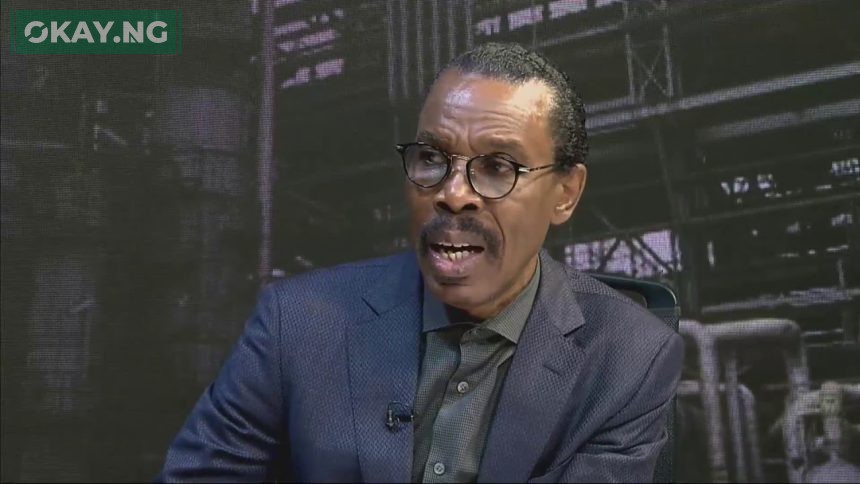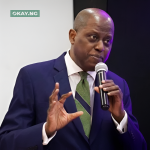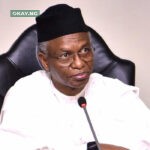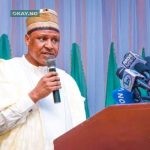Respected economist Bismarck Rewane has highlighted the disconnect between budgetary figures and the day-to-day lives of Nigerians, emphasizing that the people are more concerned about the prices of essential commodities such as rice, bread, and garri.
Speaking in an interview on Channels Television’s Business Morning show on Thursday, Rewane expressed that the average Nigerian is not deeply interested in the intricacies of budgetary arithmetic unless it directly translates into tangible improvements in their daily livelihood.
“In the end, budgetary arithmetics, budgetary mathematics in economics, is of no use to anybody except when, by this time, six months’ time, if we are buying rice at N40,000 a bag rather than N60,000 a bag, if we are buying bread at N900 a big loaf instead of N1,300, which we are doing today. If we are buying garri at lower prices,” Rewane stated.
He underscored the need for economic policies that address the pressing concerns of the people, stating, “The people are not interested in whether the budget is balanced or what the debt is. How does it (the budget) affect their day-to-day livelihood? That is the key thing.”
Following President Bola Tinubu’s presentation of the proposed N27.5 trillion 2024 budget to the National Assembly, Rewane analyzed the budget and commented on its potential impact.
While the budget prioritizes areas such as security, job creation, economic stability, investment environment, and poverty reduction, Rewane expressed skepticism about its immediate effects on the lives of Nigerians.
He acknowledged the economic pressures facing the population and stressed the importance of creating an environment that attracts investors. “Where is the money going to come from? It’s going to come from investors, and investors are going to come here when they are sure that their money is safe and the environment is clean, and they can look forward to a brighter future,” he explained.
Rewane called for honesty from the government about the economic realities and cautioned against relying on superficial measures.
“You can fake news, but you can’t fake prosperity,” he concluded, highlighting the critical need for policies that genuinely address the challenges faced by the Nigerian people.









